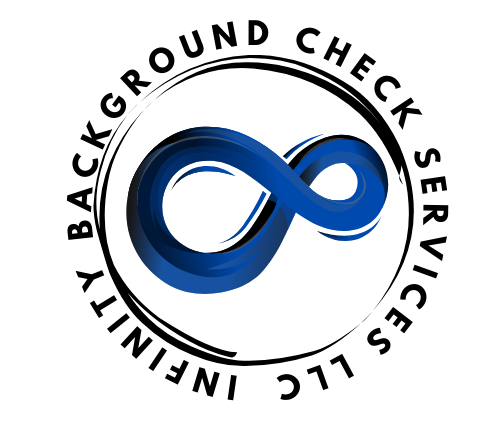The Benefits of Performing Background Checks
Background checks have become an essential part of the hiring process for many employers. It involves investigating an individual\’s criminal, financial, and personal history to ensure they are a good fit for a role within the company. While some may view background checks as invasive, they provide numerous benefits for both employers and employees.
One of the primary benefits of performing background checks is ensuring the safety and security of the workplace. By conducting thorough screenings, employers can identify any potential red flags that may pose a risk to the company or its employees. This includes uncovering criminal records, verifying educational qualifications, and confirming employment history.
Another advantage of background checks is the protection of a company\’s reputation. Hiring individuals with a history of fraudulent activities or unethical behavior can damage a company\’s image and credibility. By conducting background checks, employers can mitigate the risk of hiring individuals who may tarnish the company\’s reputation.
Background checks also help employers make informed hiring decisions. By assessing an individual\’s background and qualifications, employers can ensure they are selecting the most suitable candidate for a position. This not only improves the chances of hiring a competent and reliable employee but also reduces the likelihood of turnover and the costs associated with it.
Furthermore, background checks can help prevent workplace theft and fraud. By conducting screenings, employers can identify individuals with a history of financial misconduct or theft, reducing the risk of internal theft and fraud within the organization.
In conclusion, performing background checks offers numerous benefits for both employers and employees. From ensuring workplace safety and security to protecting a company\’s reputation, background checks play a crucial role in the hiring process. By conducting thorough screenings, employers can make informed decisions, reduce turnover, and create a more secure and trustworthy work environment.



